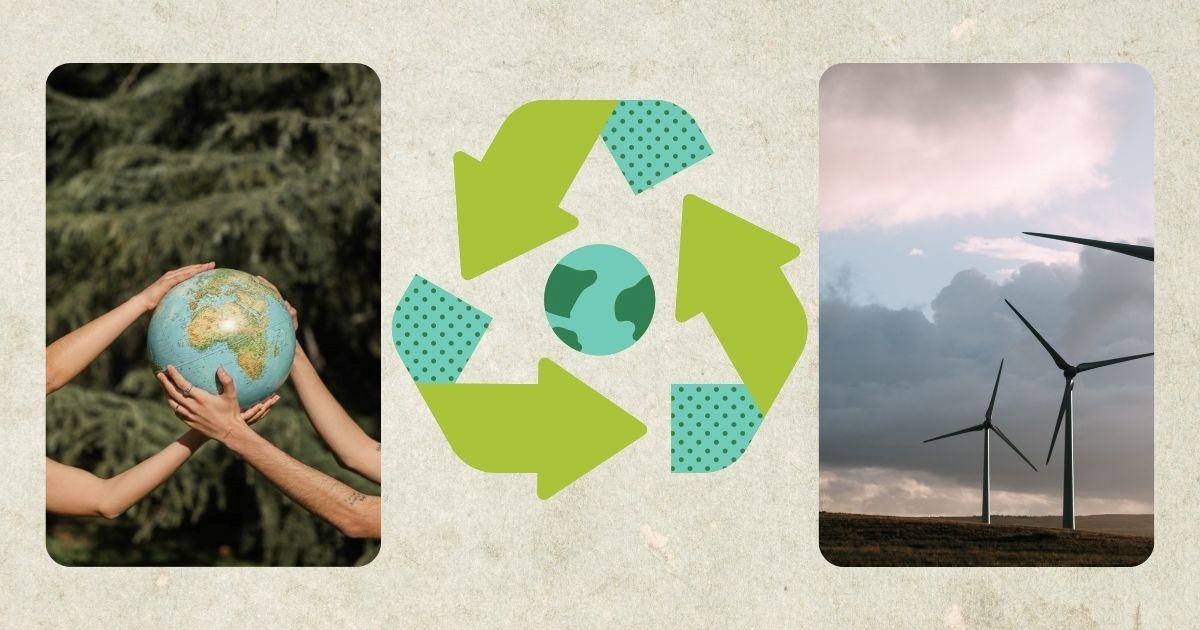
Leading the Charge: Indian Companies Pioneering Sustainable Business Practices
In recent times, sustainability has emerged as a key imperative for businesses across industries. This paradigm shift towards sustainable practices is not merely a trend but a fundamental reorientation of business strategies. Indian companies are now increasingly recognized for their pioneering efforts in embracing sustainability as a core ethos of their operations. From renewable energy initiatives to waste management innovations, these businesses are demonstrating how profitability can be harmonised with environmental and social responsibility.
The Rise of Sustainable Business Practices in India
India, with its vast and diverse economic landscape, faces unique challenges and opportunities in the realm of sustainability. Rapid industrialisation, urbanisation, and population growth have exerted significant pressure on the environment and strained finite resources. However, this has also spurred a groundswell of awareness and action among businesses to adopt sustainable practices.
One of the driving forces behind this shift is the realization that sustainability is not just a moral imperative but also a business imperative. Companies are increasingly recognizing the long-term risks associated with environmental degradation, climate change, and social inequality. By integrating sustainability into their core strategies, Indian businesses are mitigating these risks while also unlocking new opportunities for growth and innovation.
Renewable Energy Initiatives
India's transition towards renewable energy is a shining example of sustainable development in action. With abundant sunlight and wind resources, the country has made significant strides in expanding its renewable energy capacity. Leading the charge are companies like Tata Power, Adani Green Energy, and Suzlon Energy, which have invested heavily in solar and wind energy projects.
Tata Power, for instance, has emerged as a leader in the renewable energy space with a diverse portfolio of wind, solar, and hydroelectric projects. The company's commitment to sustainability is not only reducing its carbon footprint but also driving down energy costs and enhancing energy security.
Circular Economy and Waste Management
The concept of a circular economy, where resources are reused, recycled, or repurposed to minimize waste, is gaining traction among Indian businesses. Companies are increasingly adopting innovative approaches to waste management, thereby reducing their environmental impact and creating value from waste streams.
One notable example is ITC Limited, a diversified conglomerate with interests in consumer goods, agribusiness, and hospitality. ITC has implemented a comprehensive solid waste management program across its facilities, focusing on waste segregation, recycling, and composting. Through initiatives like the 'Well-being out of Waste' program, ITC has not only minimized landfill waste but also generated additional revenue streams by converting waste into compost and biogas.
Social Impact and Inclusive Growth
Sustainability goes beyond environmental stewardship; it also encompasses social responsibility and inclusive growth. Indian companies are increasingly recognizing the importance of fostering inclusive business models that create value for all stakeholders, including employees, communities, and society at large.
Infosys, a leading IT services company, has been at the forefront of driving social impact through its corporate social responsibility (CSR) initiatives. The company's 'Infosys Foundation' focuses on education, healthcare, rural development, and environmental sustainability, positively impacting millions of lives across India. Through programs like 'Akshaya Patra,' which provides mid-day meals to school children, Infosys is not only addressing hunger and malnutrition but also promoting education and empowering communities.
Challenges and Opportunities Ahead
While Indian companies have made significant strides in embracing sustainable business practices, several challenges lie ahead on the path to sustainability. These include regulatory uncertainties, resource constraints, and the need for greater collaboration among stakeholders. However, these challenges also present opportunities for innovation, collaboration, and leadership.
By harnessing technology, fostering partnerships, and adopting a long-term perspective, Indian companies can continue to lead the way in sustainable business practices. From leveraging artificial intelligence for resource optimization to forging partnerships for ecosystem restoration, there is immense potential to drive positive change and create a more sustainable future for India and the world.
By integrating sustainability into their core strategies, Indian businesses are not only mitigating risks but also unlocking new opportunities for growth and innovation. As pioneers of sustainable development, they are setting an example for the global business community, showing that prosperity and sustainability can go hand in hand.
Popular Categories
Read More Articles
Travel and Tourism
Travel to Thailand gets costlier: International passenger service fee to jump 53% from June by Awadh 360° Desk February 22, 2026Travel and Tourism
Thailand Extends Visa-Free Stay for Indians to 60 Days, Allows 30-Day Extension by Awadh 360° Desk February 19, 2026Travel and Tourism
Lucknow or Zaike: A City Remembered Through Taste by Mohammed Syed Zaid February 11, 2026Business
What's Up With WhatsApp? by Prateek Shukla February 9, 2026



